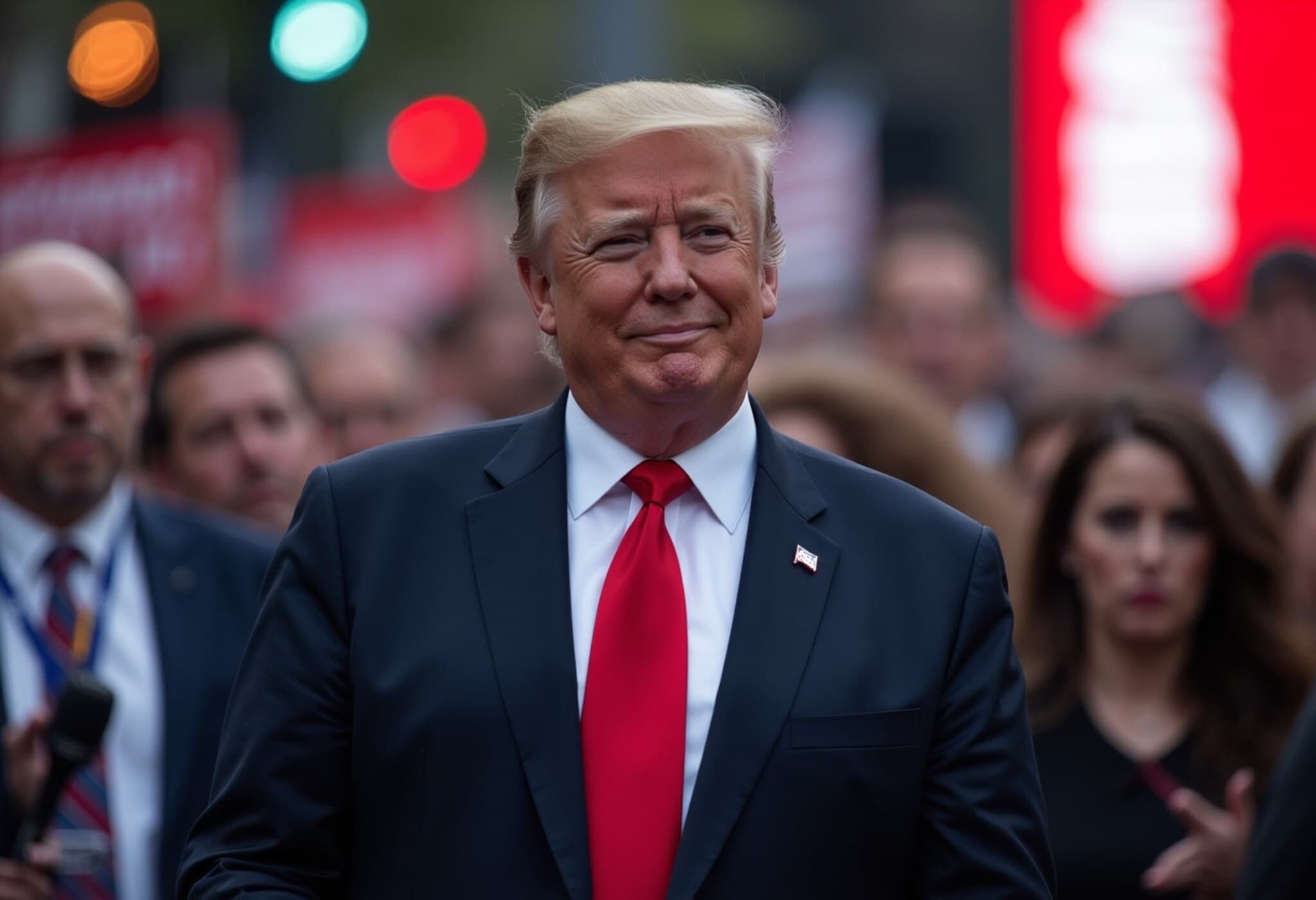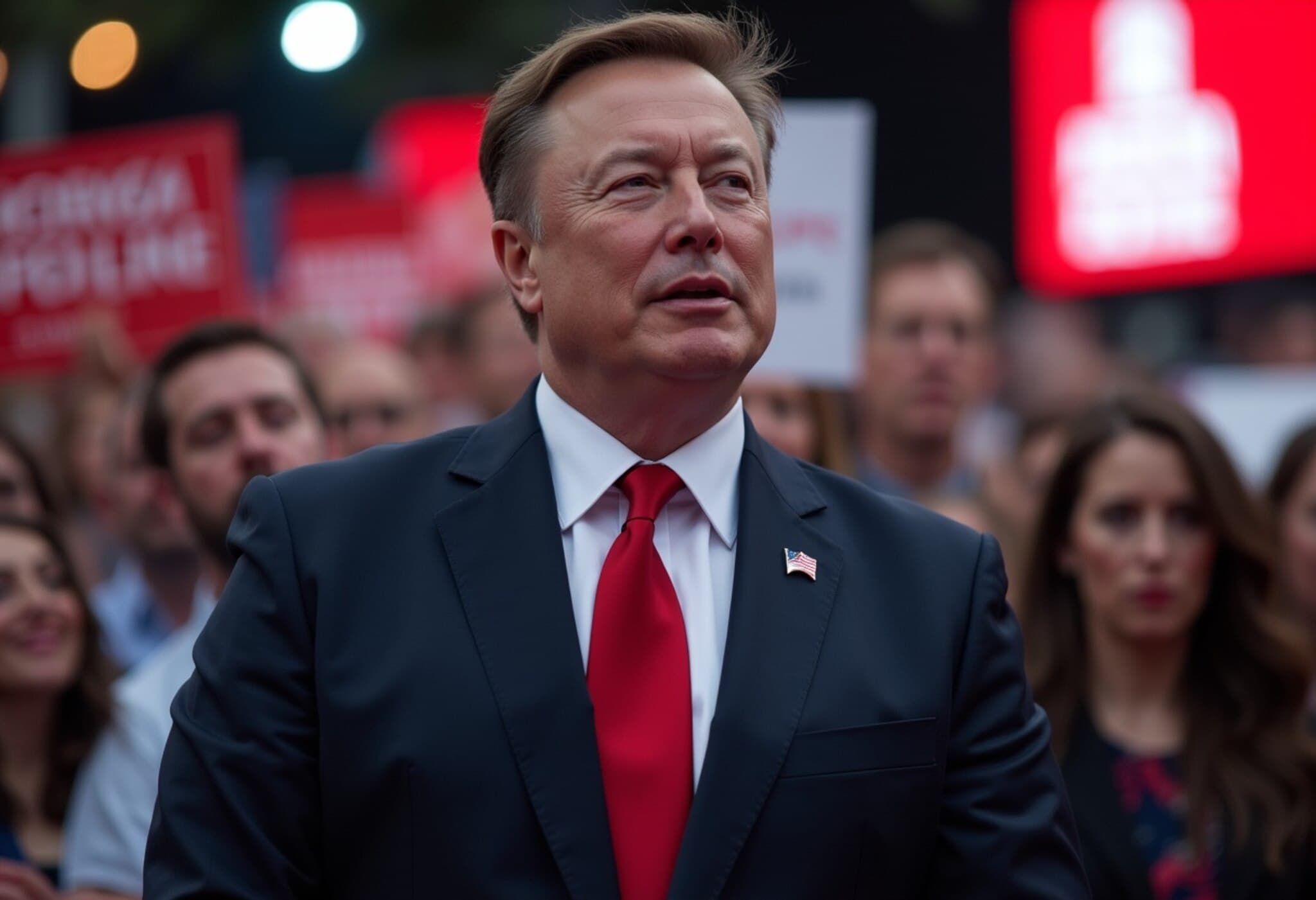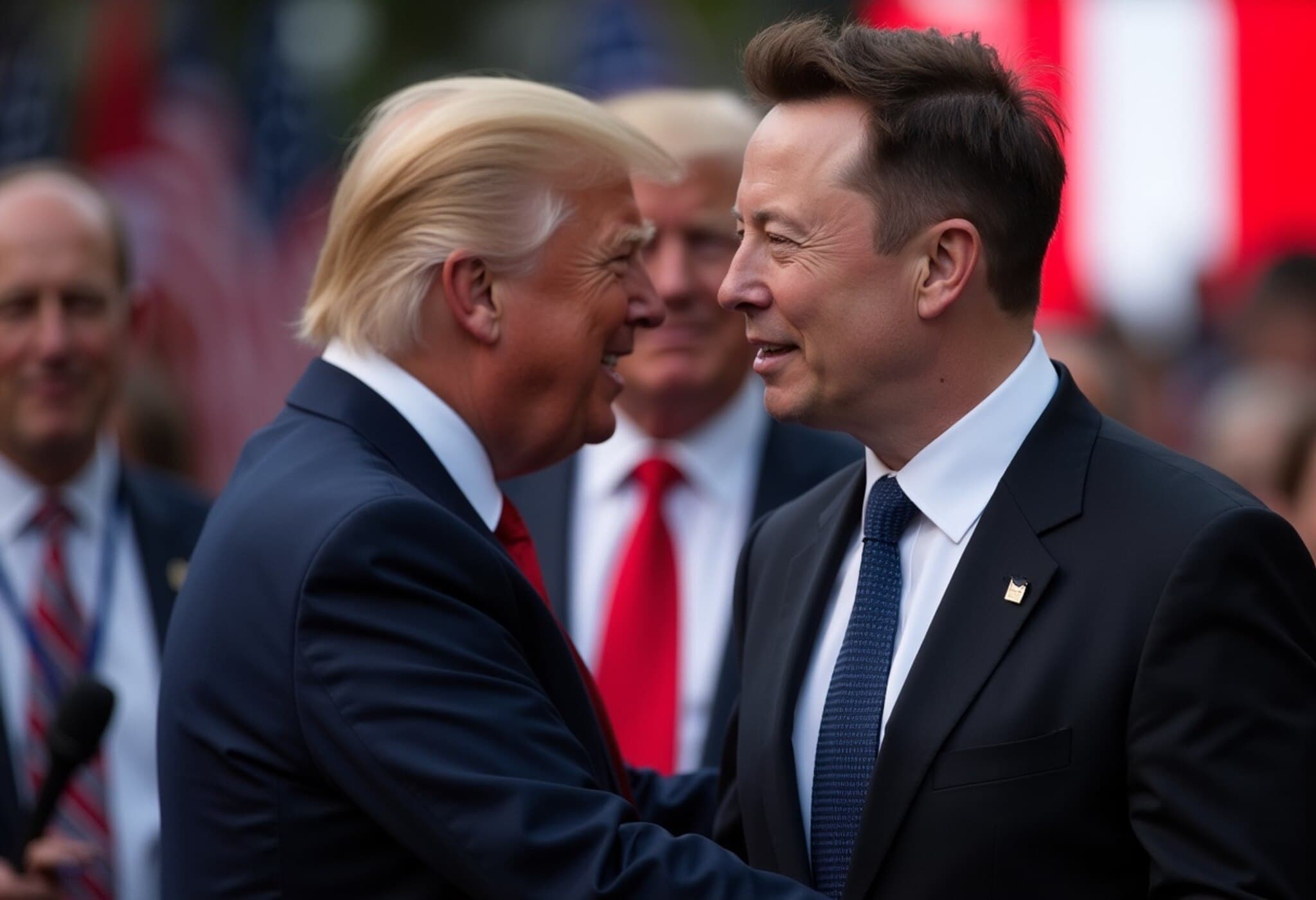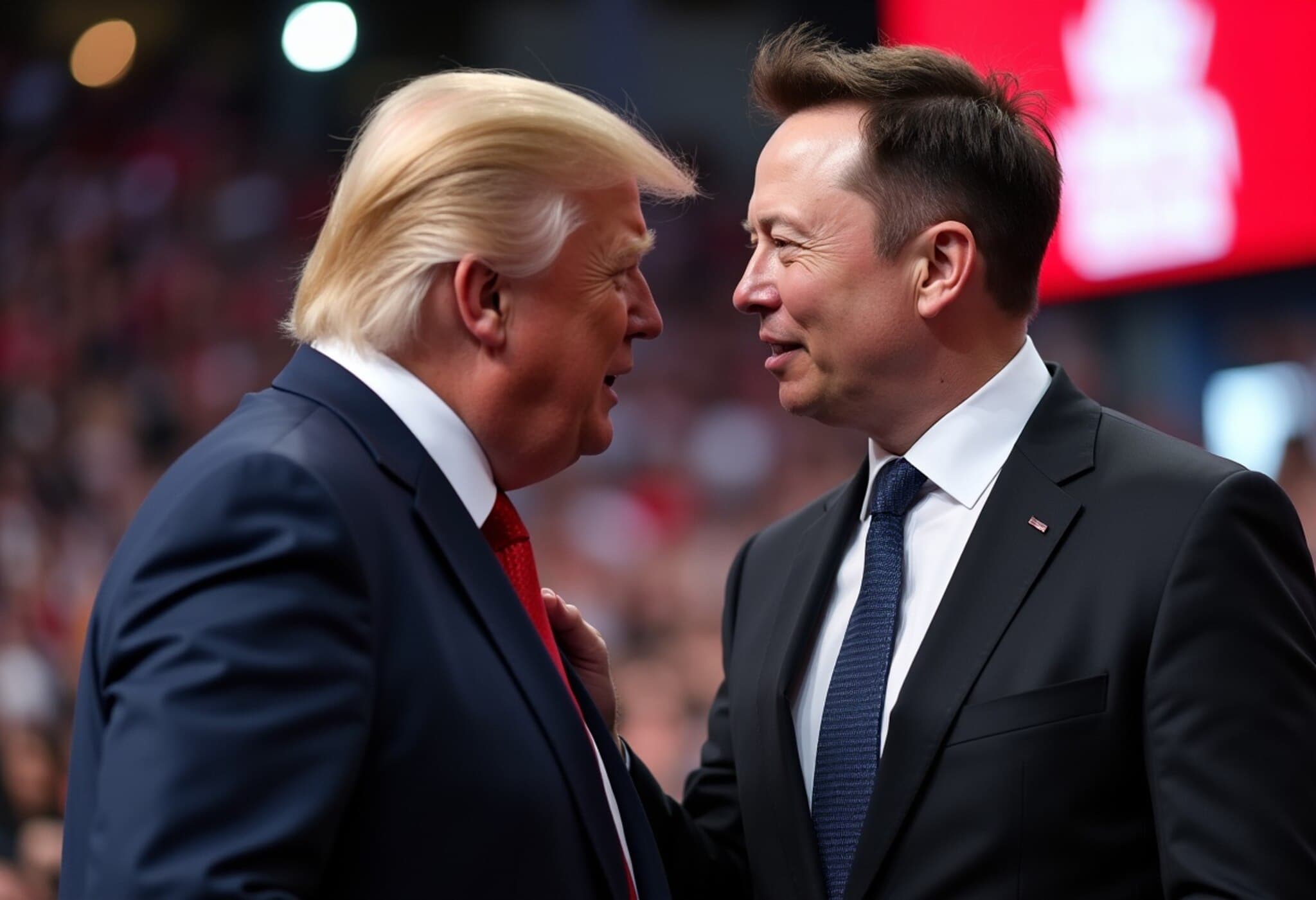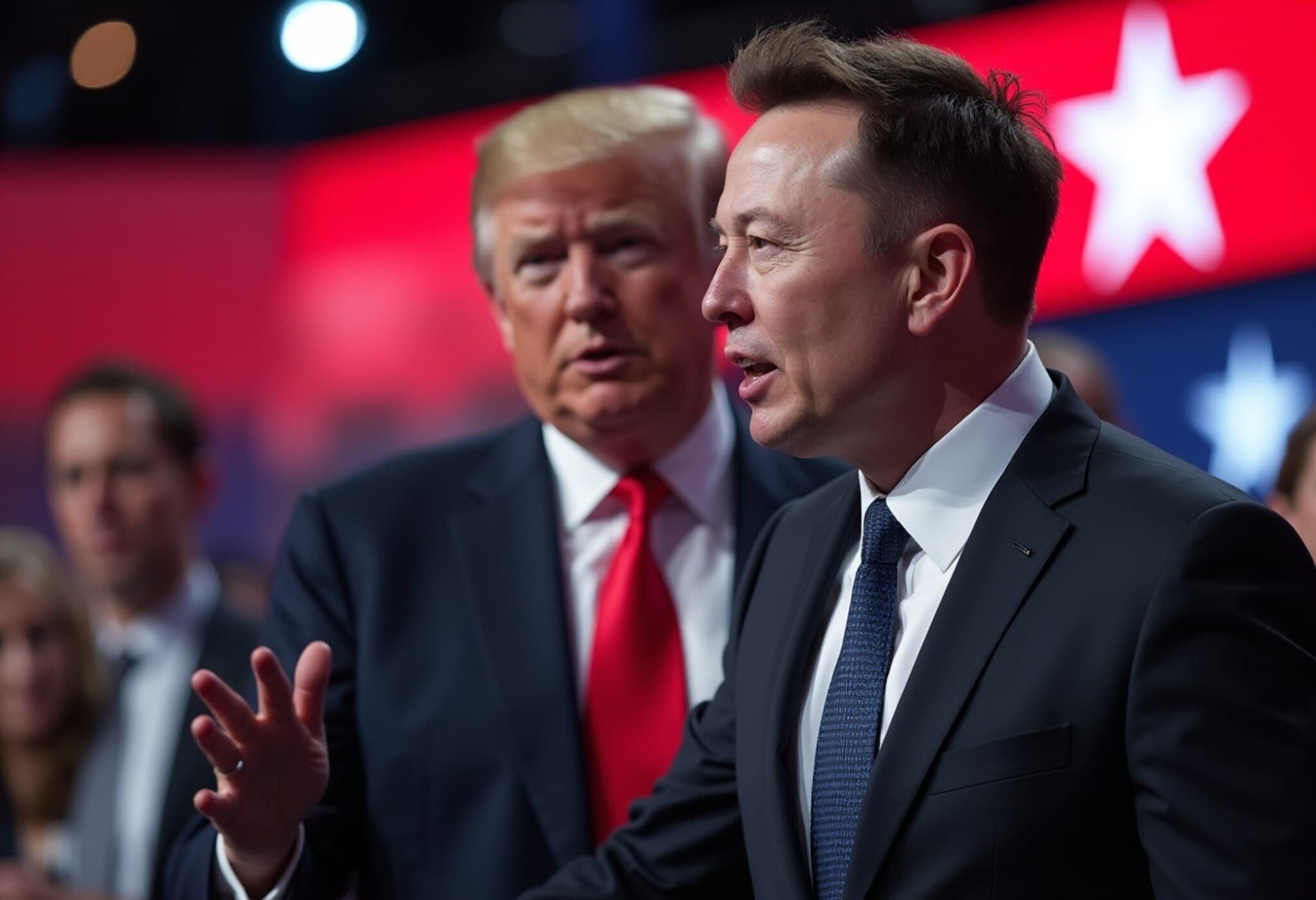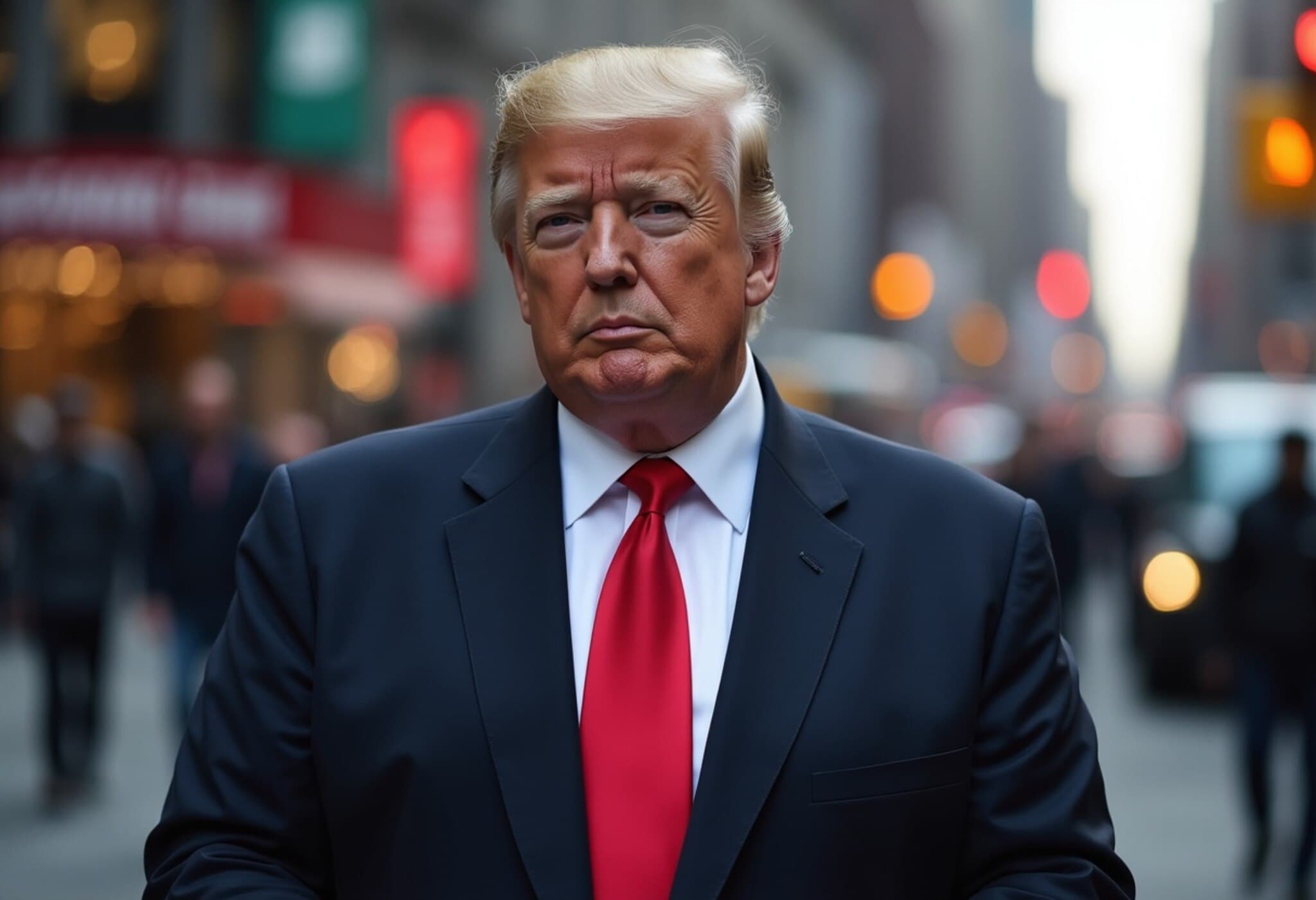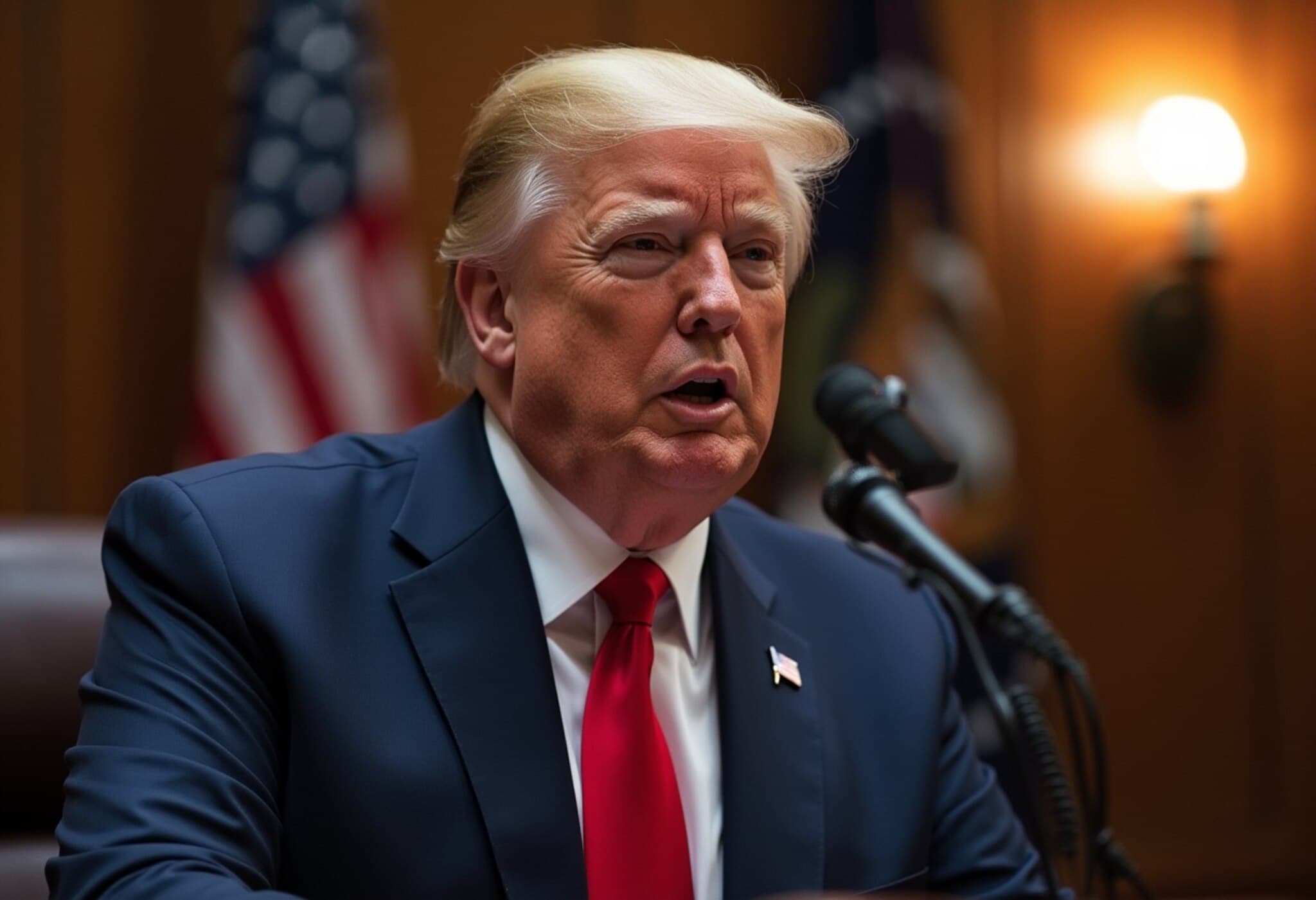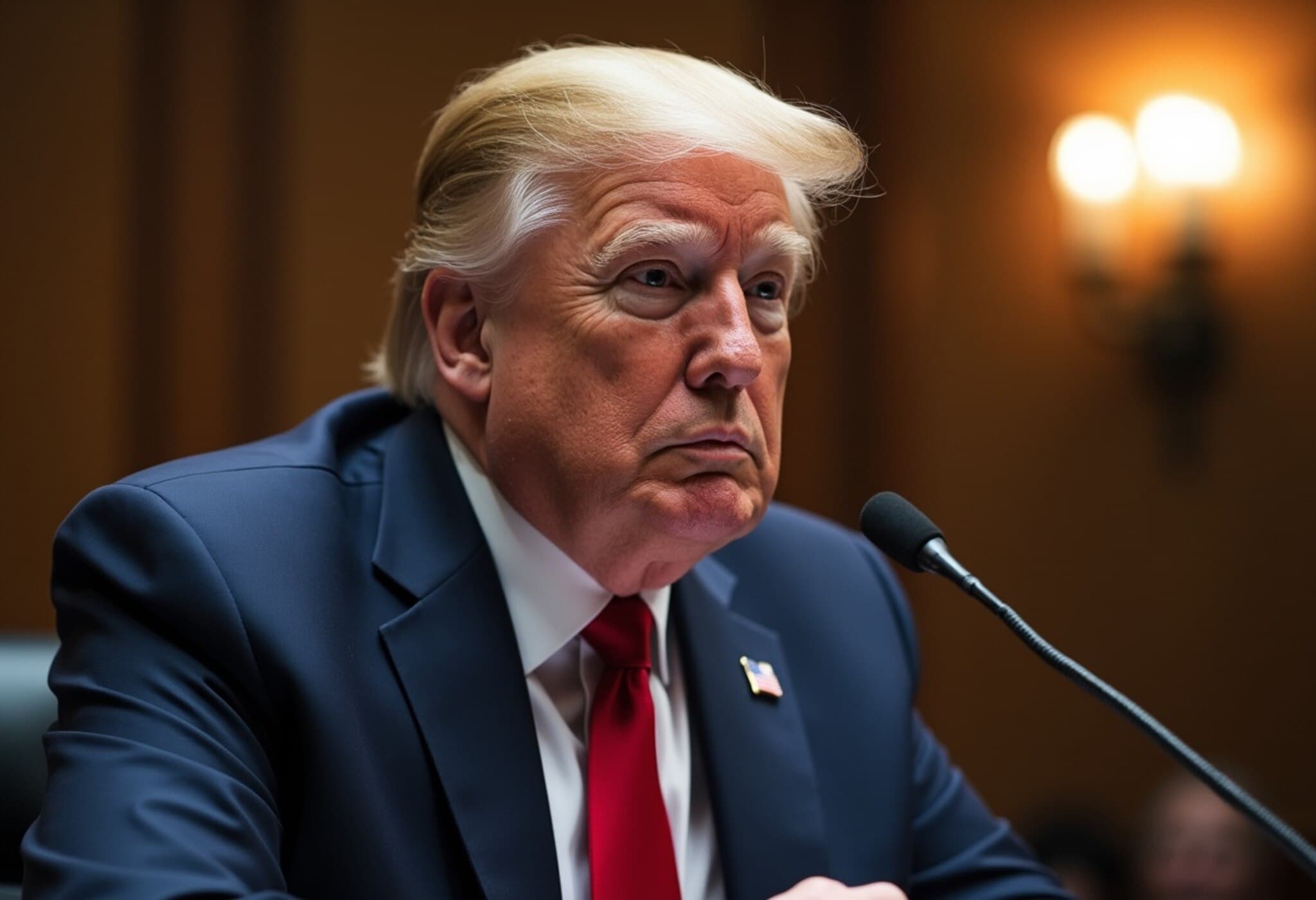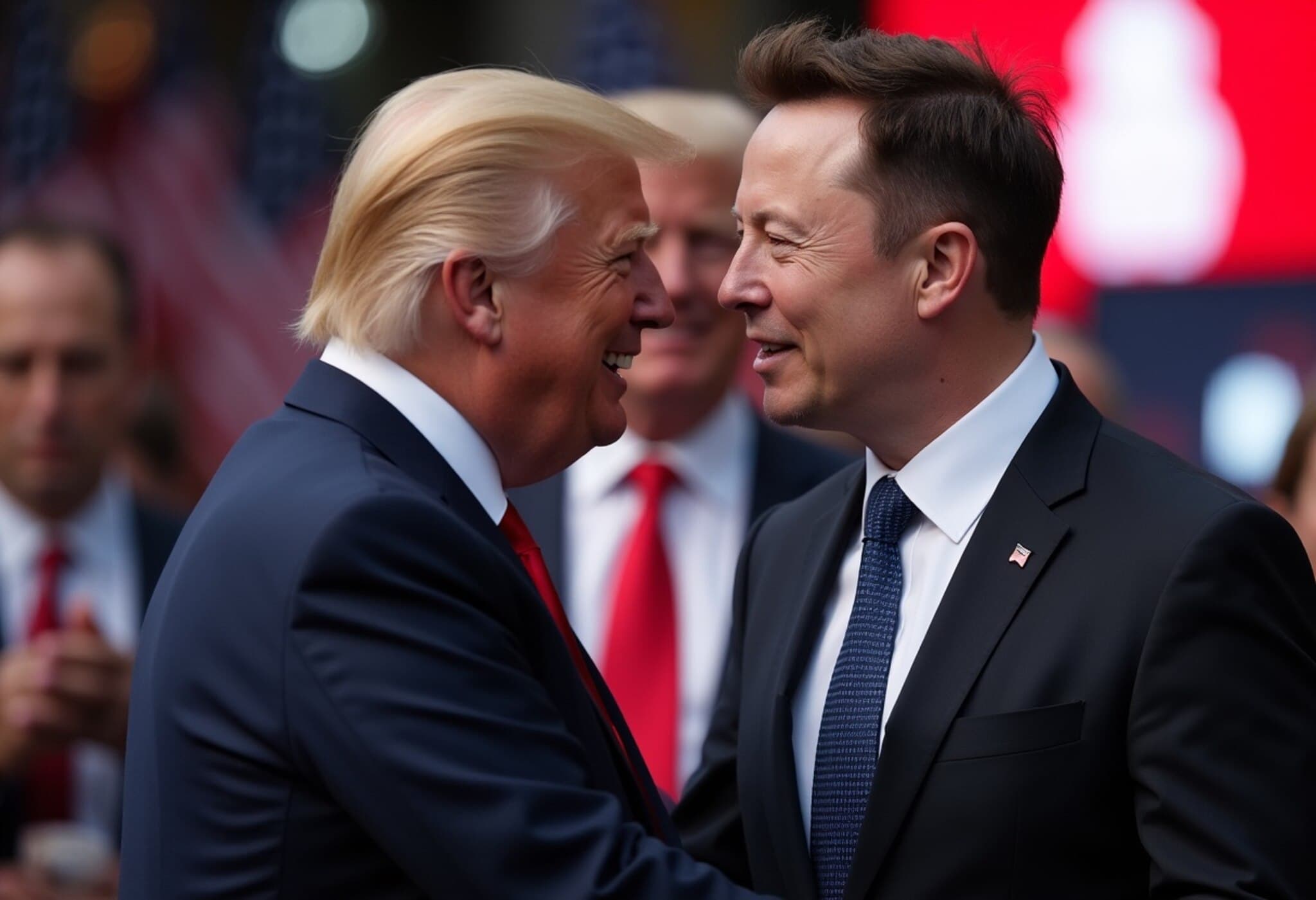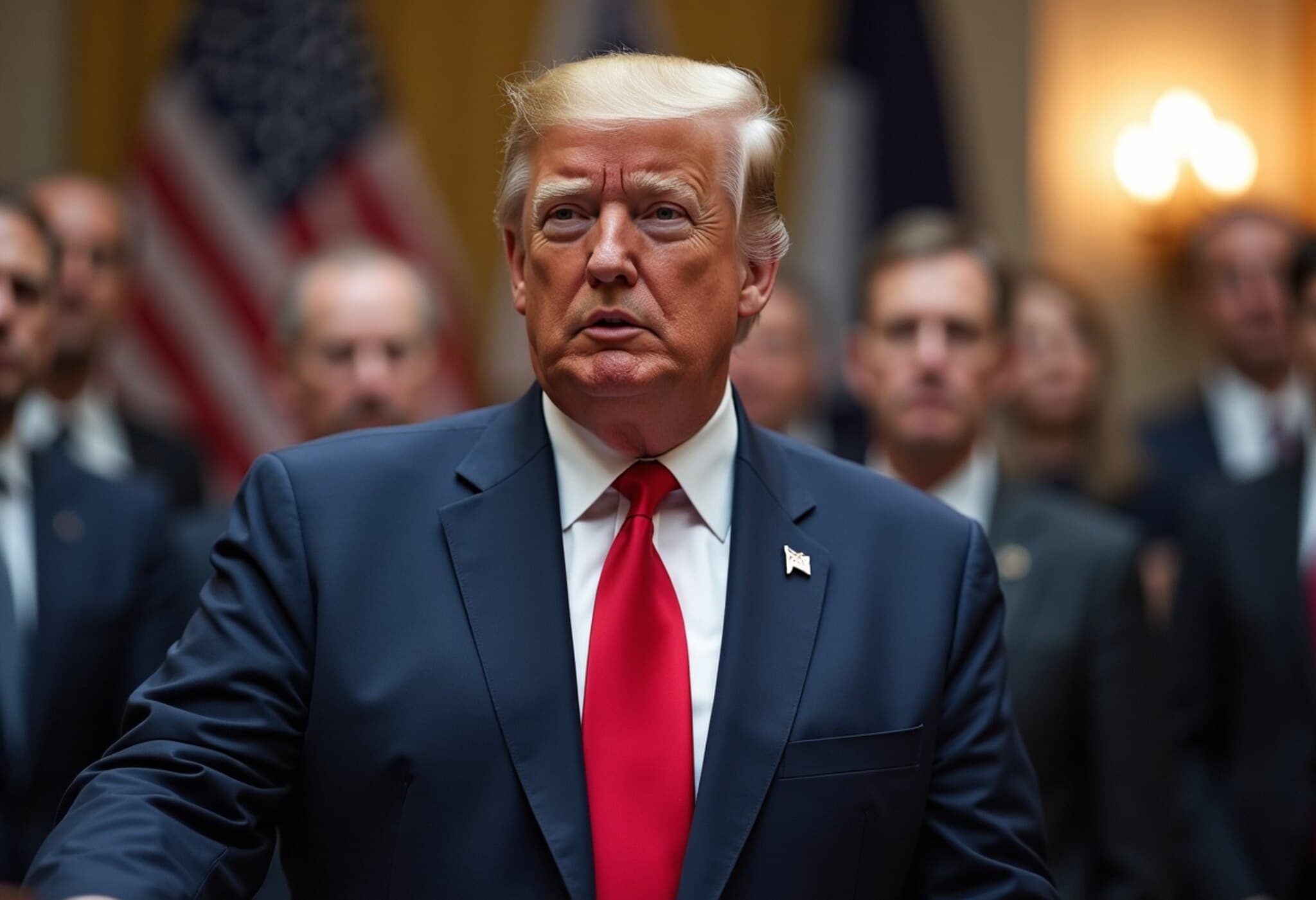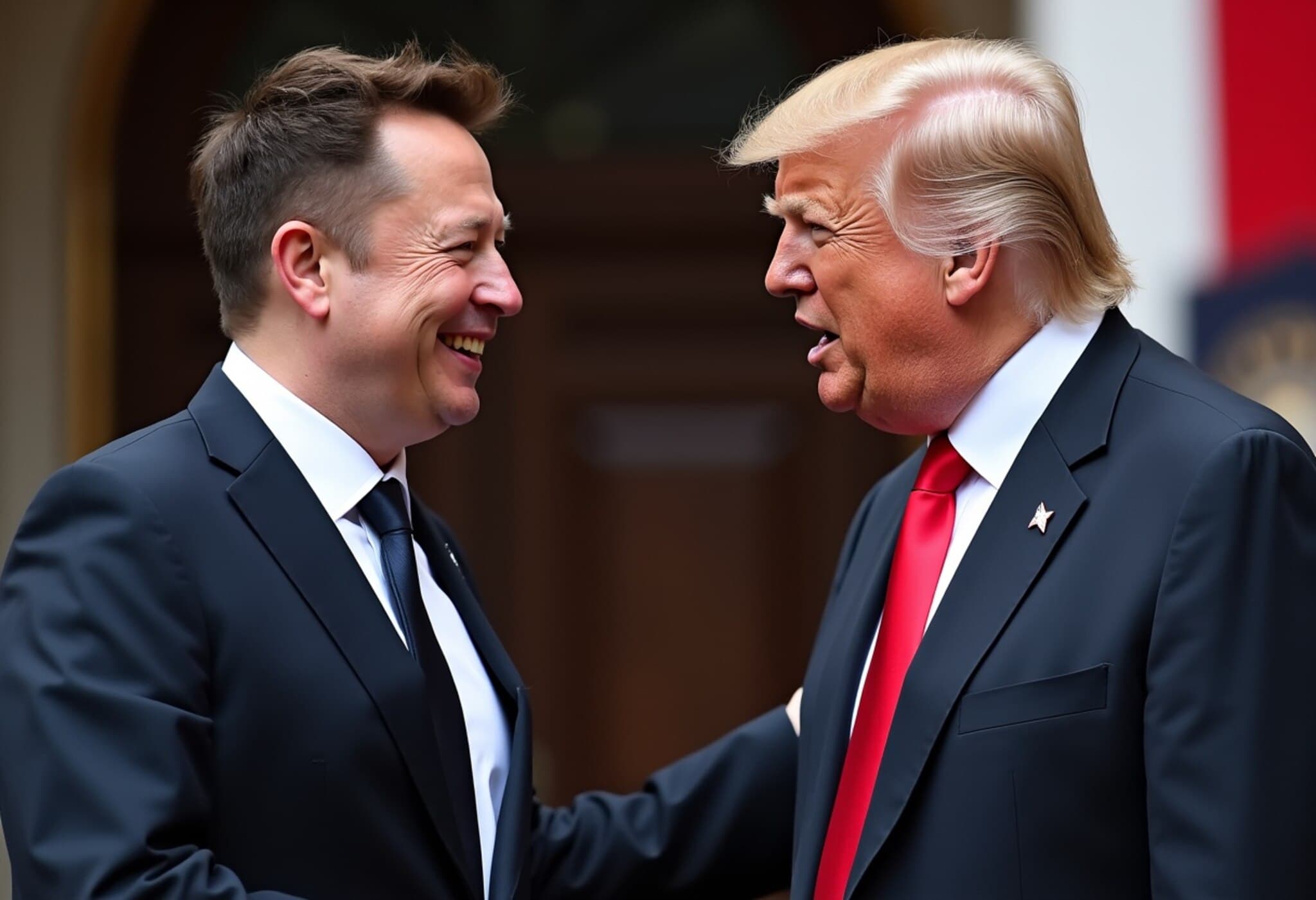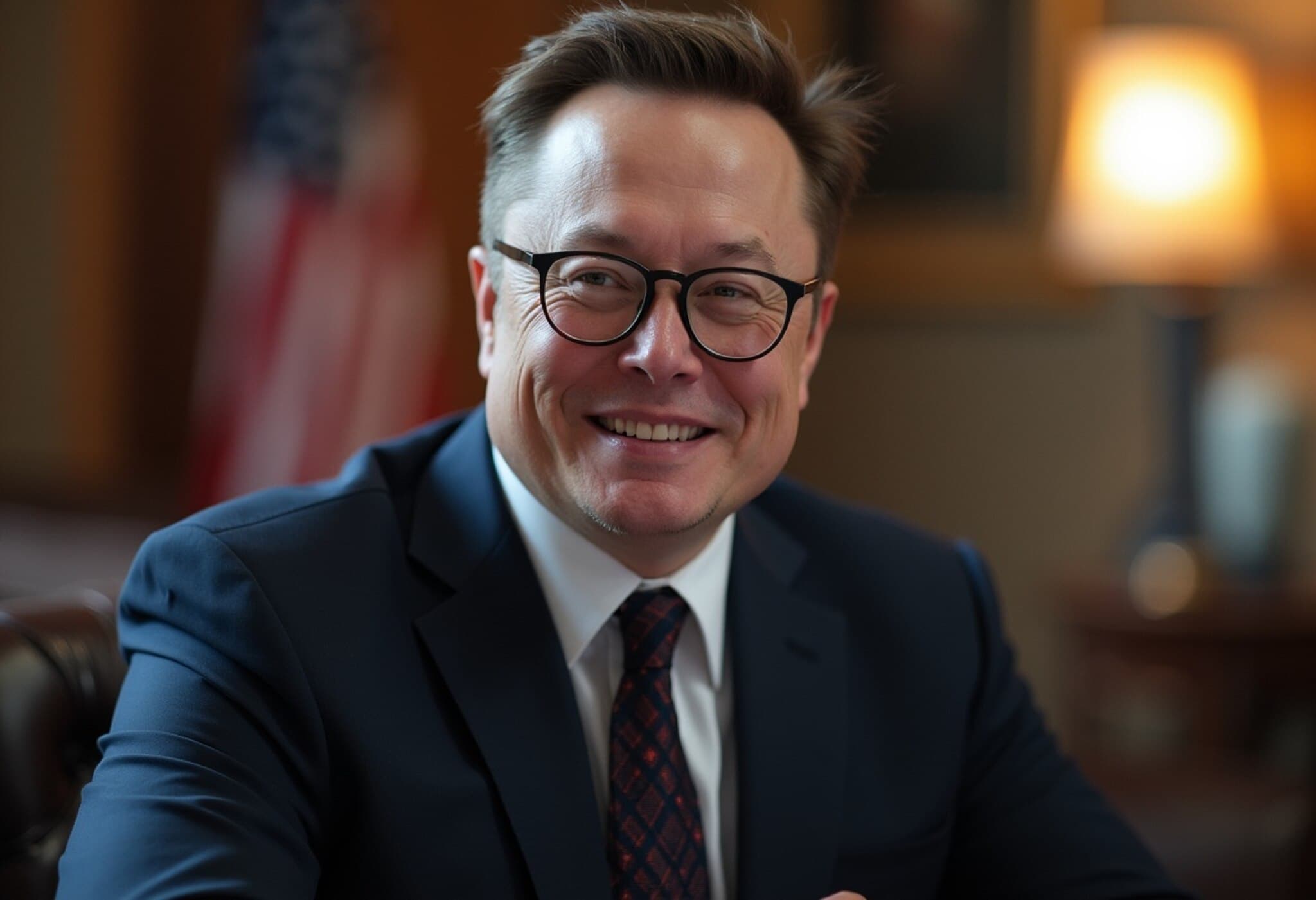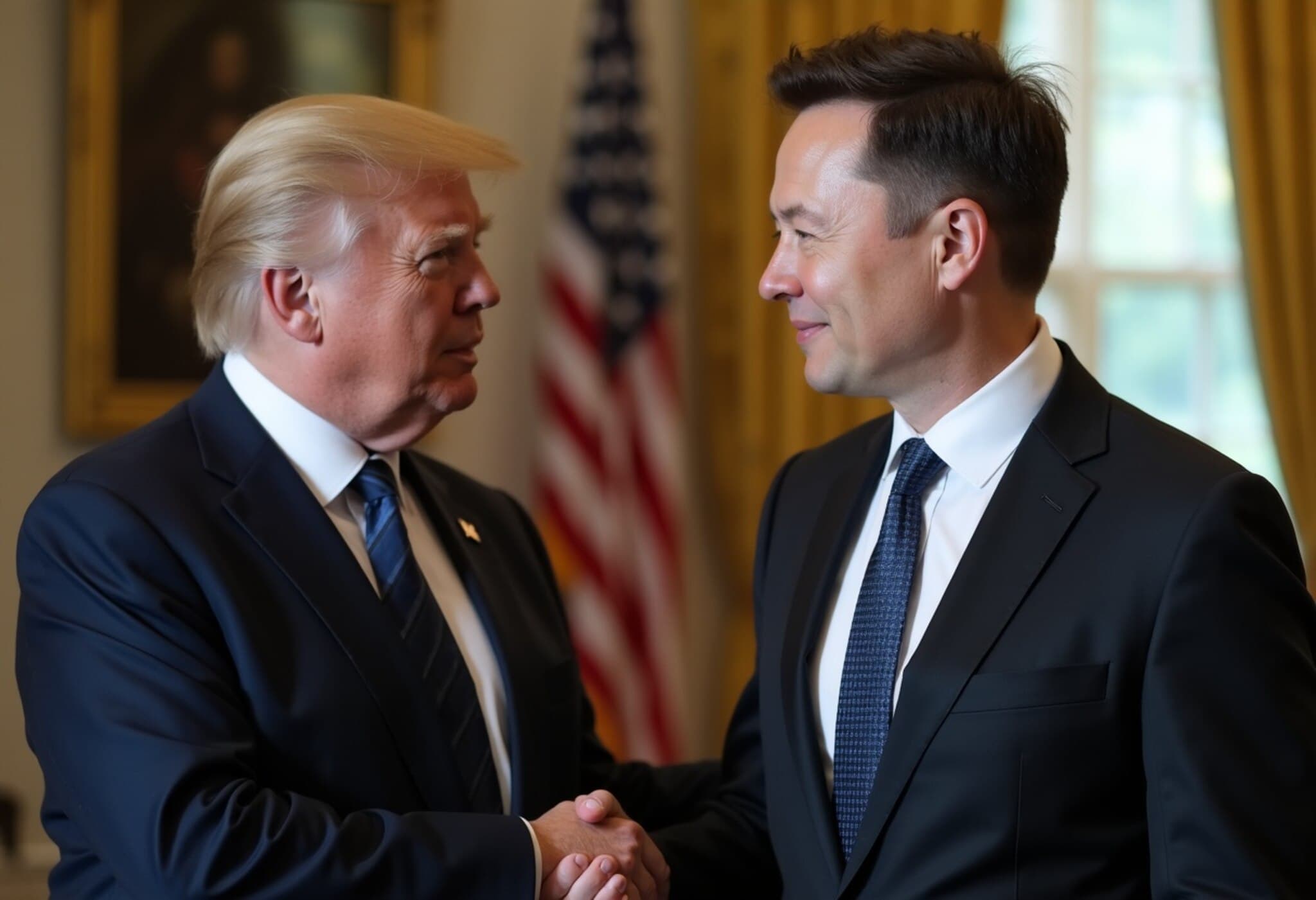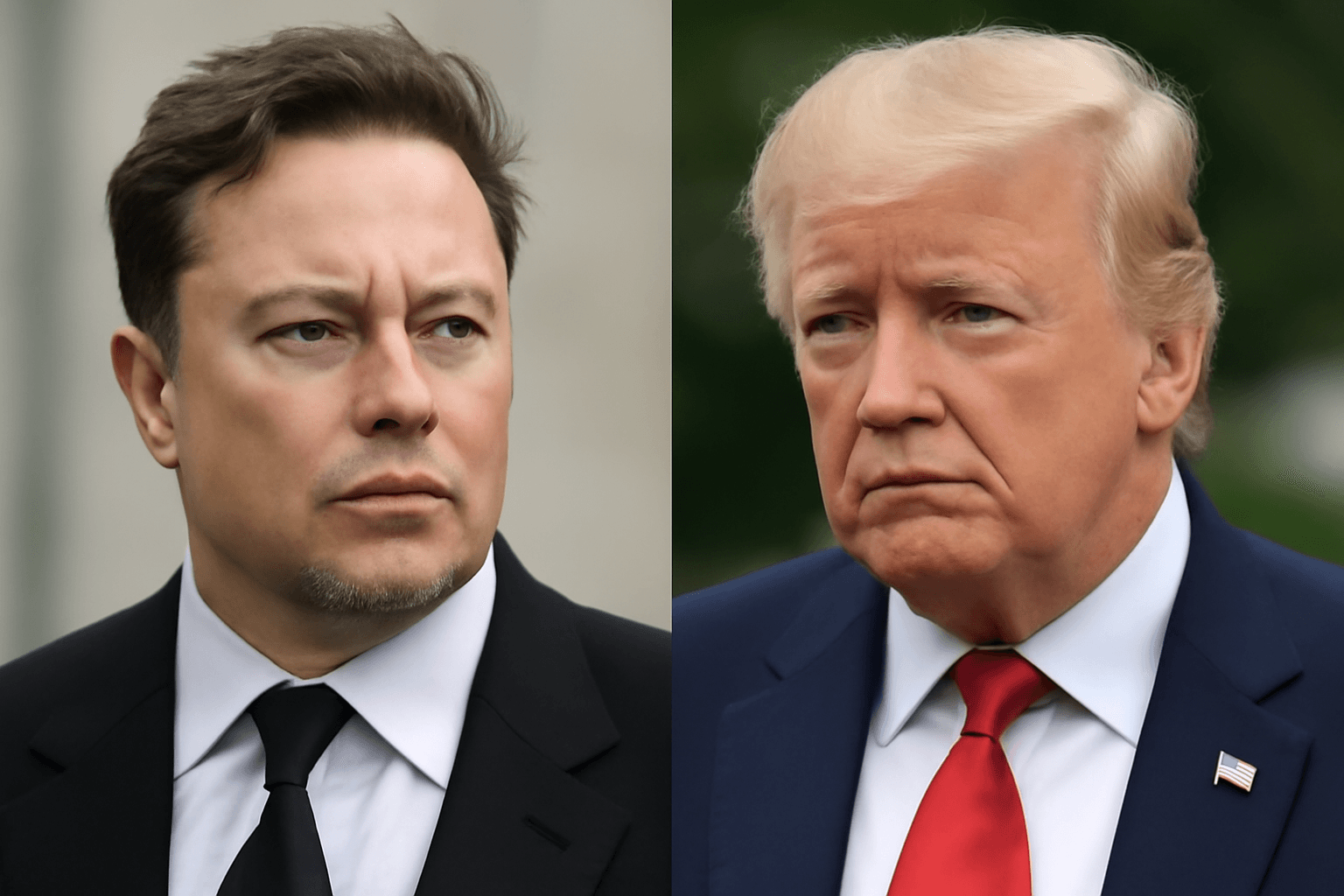Elon Musk and Donald Trump: A Complicated Political Dance
Just months after Donald Trump claimed a triumphant return to the White House, he openly admired Elon Musk’s achievements in space exploration, famously praising the successful landing of SpaceX’s Starship booster. Trump called Musk an “absolute genius,” celebrating his technological prowess with genuine enthusiasm. Yet, beneath this camaraderie lies a complex dynamic that reveals why Musk’s enormous financial clout and media influence have failed to significantly disrupt Trump’s political reign—and why they likely won’t in the future.
Politics Isn’t Rocket Science: A Lesson from Einstein to Musk
Albert Einstein was once offered the presidency of Israel in 1952 but declined, confessing he lacked the “natural aptitude and experience” for political leadership. This anecdote serves as a poignant reminder that brilliance in science or business does not translate seamlessly into political acumen. Elon Musk, who many see as a visionary akin to Einstein, is encountering this enduring truth as he ventures into the political arena.
The Musk-Trump Alliance: Rockets, Casinos, and a Shattered Bromance
Elon Musk and Donald Trump initially proved an unlikely pair. Musk’s empire is rooted in cutting-edge technology—rockets and electric cars—while Trump’s legacy stems from real estate, branding, and entertainment. Their brief alliance saw Musk inject an estimated $300 million into Trump’s 2024 reelection campaign. In return, Musk was rewarded with sweeping powers as head of the newly formed Department of Government Efficiency (DOGE), a role both surreal and emblematic of their unconventional partnership.
For a short time, Musk’s “chainsaw” symbolism at CPAC, signaling drastic cuts to government waste, appeared to energize Trump’s base and Wall Street alike. However, their alliance faltered when Trump passed the so-called “MAGA megabill”—a massive infrastructure and tax package that ballooned the deficit. Musk’s public denunciation of the bill and threat to launch a third political party to punish Republicans who supported it ignited a bitter feud, fracturing what had seemed like an unbreakable bond.
Why Third Parties Struggle in America—and What That Means for Musk
The history of American politics offers a sobering lesson: third parties rarely succeed. From Theodore Roosevelt’s 1912 Bull Moose Party to Ross Perot’s 1992 insurgency and Ralph Nader’s 2000 Green Party bid, third-party efforts have traditionally split votes, benefiting the major parties instead of supplanting them. The U.S. electoral system’s winner-takes-all structure, combined with media gatekeeping and voter skepticism about “wasting” ballots, consistently erects barriers to breakthroughs by outsiders.
Musk’s proposed America Party, despite its impressive financial backing, risks the same fate. CNN’s political analysts emphasize that Musk lacks the “magic touch” needed to disrupt deeply entrenched political structures—even with his technological prowess and resources. Simply put, politics operates on a different set of principles than engineering or entrepreneurship.
Musk’s Unparalleled Advantages—and Their Limits
- Unmatched Financial Resources: Musk’s 2024 campaign spending of nearly $300 million exceeds that of most third-party challengers in history, including Perot.
- Control of a Massive Media Platform: Through ownership of X (formerly Twitter), Musk commands a platform with over 500 million monthly active users, enabling him to shape narratives and mobilize supporters in ways previous candidates could only dream of.
However, these advantages are constrained by a critical shortfall: Musk lacks a cohesive political base. His followers are diverse—Tesla enthusiasts, space aficionados, tech idealists—yet they are not uniformly committed to his political vision. Meanwhile, Trump’s MAGA movement remains fiercely loyal, anchored by decades of cultivation and ideological resonance.
The Reality Check: Musk’s Political Missteps and Trump’s GOP Stronghold
Musk’s most publicized political endorsement—the Wisconsin Supreme Court race—ended in defeat, signaling voter resistance to his direct involvement. His partisan shifts risk alienating both corporate markets, particularly in Europe, and segments of the American electorate wary of political polarization.
The Republican Party itself remains a fortress for Trump, who has effectively fused his identity with the party’s core, marginalizing dissenting voices over the past decade. Musk’s America Party threatens to fracture this base, potentially acting as a spoiler that inadvertently benefits Democrats.
Outlasting Trump: Musk’s Long-Term Political Vision?
While Musk may lack the immediate charisma to unseat Trump, his youth and resources position him as a potential long-term contender for influence within conservative politics—especially if Trump’s grip weakens due to scandal, age, or electoral defeat. The question remains whether Musk’s vision can evolve beyond disruptive entrepreneurship into sustained political leadership.
The Final Equation: Politics, Power, and the Limits of Genius
Elon Musk’s journey into politics is a vivid case study in the limits of technological genius within the messy, unpredictable arena of human loyalty, fear, and memory. Unlike rockets, political outcomes are shaped less by physics than by complex social dynamics.
Trump’s dismissive stance toward Musk—as “off the rails” and threatening executive pushback—reflects the realpolitik protecting established power. Even in an age of unprecedented media control and wealth, political influence demands more than resources; it requires an authentic connection to voters and mastery of political craft.
Editor’s Note:
This evolving saga raises critical questions about the future of American politics in an increasingly digital and billionaire-influenced landscape. Can new money and media disrupt entrenched political powers, or will history hold steady trouncing third-party dreams? As Musk navigates this new frontier, we are reminded that politics is less science and more art—an intricate dance of human factors that even the greatest genius must learn to master.


